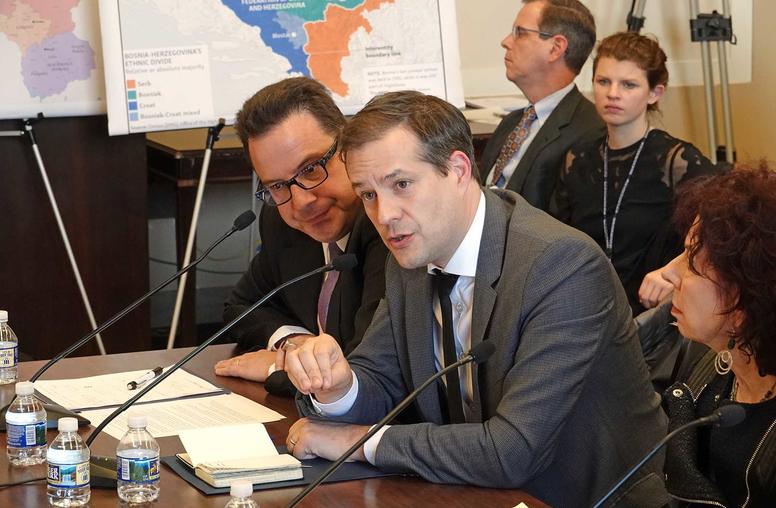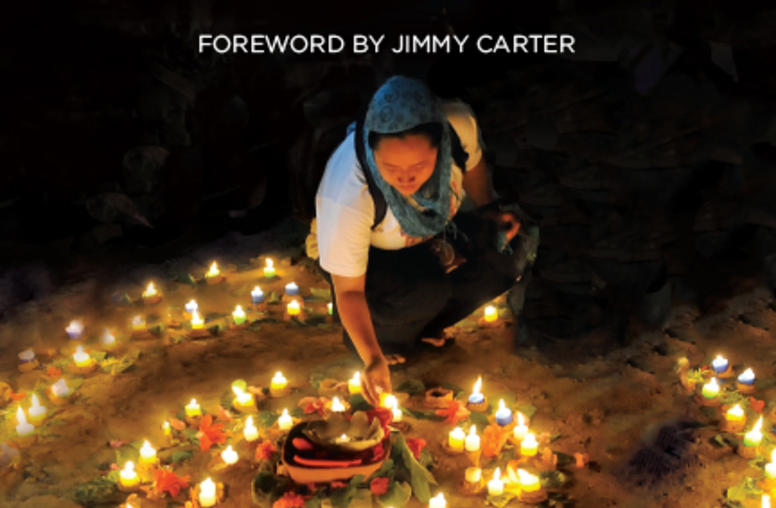The Military Balance in Bosnia and Its Effect on the Prospects for Peace
On June 7, at the invitation of the Congressional Committee on Security and Cooperation in Europe, the United States Institute of Peace conducted a briefing on the military balance in Bosnia The event was conceived as the first in a series of meetings on the possibility of opening new prospects for diplomacy in managing the conflict.

Key Points
The speakers held that the military balance in Bosnia is key to diplomatic efforts at peacemaking. They limited their remarks on June 7 to weighing the current balance of forces and to examining the realities should the international community take one of the following options: ( I ) continuing the arms embargo on Bosnia, (2) lifting the embargo (on Bosnia or Bosnia and Serbia), or (3) diminishing the military advantage of the Bosnian Serbs. Neither speaker advocated any particular option or proposed objectives for the international community. Both stressed at several points that altering the military balance in Bosnia could not be undertaken without an international consensus on the larger objective of doing so, and both clearly favored a diplomatic solution to the conflict.
About This Report
On June 7, at the invitation of the Congressional Committee on Security and Cooperation in Europe, the United States Institute of Peace conducted a briefing on the military balance in Bosnia The event was conceived as the first in a series of meetings on the possibility of opening new prospects for diplomacy in managing the conflict. The question before the June 7 meeting was whether the state of and tendencies regarding weapons, manpower, morale, operational characteristics, and so on, among the parties to the Bosnian conflict—issues not prominent in the public or legislative debate—underlies all of the questions currently before the international community about the conflict.
The briefing, which was moderated by the vice chairman of the Institute's Board of Directors Max M. Kampelman, involved remarks from military experts Norman Cigar of the Marine Corps School of Advanced Warfighting and Zalmay Khalilzad of the RAND Corporation.
The U.S. Institute of Peace believes that the summary of remarks will serve to inform policy makers and others who must deal with a changing and volatile situation on the ground in Bosnia. Since the briefing on June 7, significant new fighting has broken out that altogether threatens UN operations in Bosnia. That fighting may itself alter the military balance, which the international community would have to consider in proceeding to the next stage of its presence in the region. The material that follows, which presents the basics of the military situation in Bosnia, should shed light on events as they unfold.
This Special Report presents the views of the briefing participants and does not necessarily reflect the views of the United States Institute of Peace or of the Congressional Committee on Security and Cooperation in Europe.



